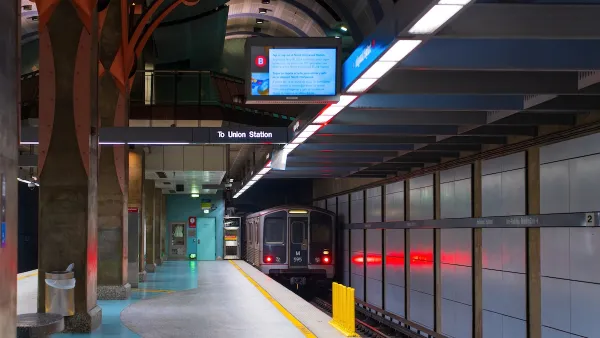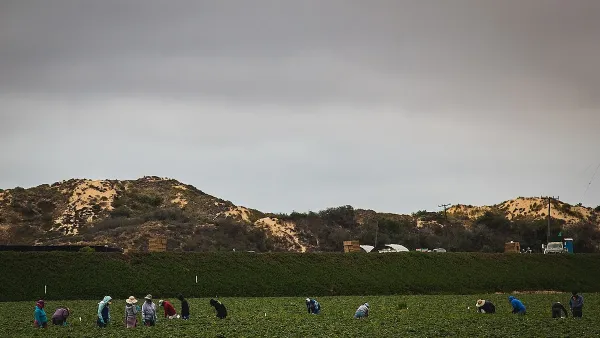The non-profit group Nuestras Raíces in Holyoke, Mass. has found urban agriculture a powerful community glue, providing increased food security and economic opportunity to the Puerto Rican population there.
"Though it is in the bucolic Pioneer Valley, Holyoke, among the state's poorest cities, is notorious for its drug use and attendant crime. As in many picturesque New England river cities with impressive Romanesque Revival buildings, mills made it rich and then dealt it a decisive blow when labor costs shut them down. In Holyoke... The farm jobs dried up about the same time the mills closed, and unemployment rates have remained high. But the knowledge and love of farming have stayed strong in the Puerto Rican community, which accounts for nearly 40 percent of the city's population."
"Holyoke was thus fertile ground for "urban agriculture"-the successor to the still-flourishing community-garden movement, which itself grew out of World War II victory gardens. In the late 1960s, in the wake of urban renewal's wholesale razing, community gardens cleaned up blighted lots, curbed vandalism, and gave people who had never had one a say in how their neighborhoods were run. Today, according to the American Community Gardening Association, there are more than 17,000 community gardens all over the country. The urban-agriculture movement looks for ways people can make money on what they grow (seldom a focus of community gardens) and puts an emphasis on training youth to strengthen their communities. And it gives people access to fresh vegetables in "food deserts" where the only oases are gas stations and convenience stores."
"To keep the garden and the alliances around it alive, community members founded Nuestras Raíces in 1992. One garden has grown to nine, and the annual budget is now more than $800,000."
FULL STORY: A Papaya Grows in Holyoke

Planetizen Federal Action Tracker
A weekly monitor of how Trump’s orders and actions are impacting planners and planning in America.

Maui's Vacation Rental Debate Turns Ugly
Verbal attacks, misinformation campaigns and fistfights plague a high-stakes debate to convert thousands of vacation rentals into long-term housing.

San Francisco Suspends Traffic Calming Amidst Record Deaths
Citing “a challenging fiscal landscape,” the city will cease the program on the heels of 42 traffic deaths, including 24 pedestrians.

Defunct Pittsburgh Power Plant to Become Residential Tower
A decommissioned steam heat plant will be redeveloped into almost 100 affordable housing units.

Trump Prompts Restructuring of Transportation Research Board in “Unprecedented Overreach”
The TRB has eliminated more than half of its committees including those focused on climate, equity, and cities.

Amtrak Rolls Out New Orleans to Alabama “Mardi Gras” Train
The new service will operate morning and evening departures between Mobile and New Orleans.
Urban Design for Planners 1: Software Tools
This six-course series explores essential urban design concepts using open source software and equips planners with the tools they need to participate fully in the urban design process.
Planning for Universal Design
Learn the tools for implementing Universal Design in planning regulations.
Heyer Gruel & Associates PA
JM Goldson LLC
Custer County Colorado
City of Camden Redevelopment Agency
City of Astoria
Transportation Research & Education Center (TREC) at Portland State University
Jefferson Parish Government
Camden Redevelopment Agency
City of Claremont





























